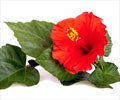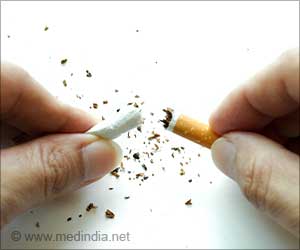A cheap poppy flower concoction used largely by South Asians in Toronto is coming under police scanner, though technically it is not yet illegal.
A cheap poppy flower concoction, used largely by South Asians in Toronto, is coming under police scanner, though technically it is not yet illegal.
Dode, sometimes called doda, is made by grinding the husk and seeds of the poppy flower, which is the same plant that produces opium. Often taken with tea or water, dode produces a quick high, followed by a sense of calm or well being.The powder is easily available for as little as $20 in some flea markets and smaller grocery stores in South Asian neighbourhoods. Mostly it's used by taxi drivers, factory workers and truck drivers in the South Asian community to help them stay awake.
Dode exists in a legal grey area, however, because of a perception amongst politicians and police that the powder must contain a certain level of opiates, evidenced by lab analysis, to make it illegal.
"It's quite easy for us to make a seizure and then we send it to Health Canada and it's up to them to support our charge," said Peel Regional Police Const. Wayne Patterson.
"That Health Canada certificate is crucial for us to lay a charge and to get a conviction in court."
Weeks after asking Health Canada about the legal status of dode, CBC received an e-mail from the federal health agency on Friday saying the derivative is clearly outlawed.
Advertisement
"The CDSA prohibits opium poppy regardless of levels of opiates found therein."
Advertisement
Toronto-area police seized more than 27 kilograms of dode last month, but say they need test results on the substance before they can lay charges.
Health Canada's Drug Analysis Service has been contacted by a Brampton, Ont., Crown prosecutor about analyzing 14 exhibits believed to be dode, although the tests are not yet complete, Laroche said.
In the meantime, doctors warn that dode is as dangerous as other illegal narcotics.
"It's a drug and it's just the same problem as being on Oxycontin or being on large doses of codeine or being on heroin," said Dr. Simon Brown of the Malton Medical Clinic.
"It's something that's a very addictive substance."
Source-Medindia
GPL/S









